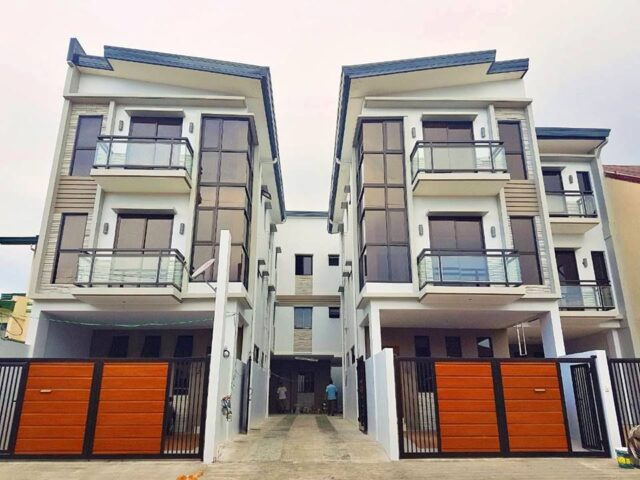Moving out on your own for the first time is exciting, but it is also expensive. Your first apartment is going to be a place you always remember. It’s so much more than a place to crash after classes. This is your first time living on your own, decorating however you want, setting all the rules and truly being independent from your parents. Many students wonder what type of housing is best for them in college, and some parents are worried that living outside of the dorms may grant a little too much freedom. But moving out is a natural milestone, and if you feel you’re ready, then there’s nothing wrong with looking for your own place.
Another major benefit is that if you live close to campus, there are likely plenty of rentals available geared toward college students. This means lower rent and possibly shorter leases, so you have options when determining the best student accommodations for your needs and budget. However, it’s highly likely that you’ll need parental support, at least on paper, to get your first place. College students have a reputation for leaving apartments far worse than they found them, so most managed buildings or private landlords want a cosigner as added security.
Start Researching Early
Just because an apartment is listed as available for rent does not mean it is move-in ready. So, if you wait until a week before classes and expect to sign a lease and be totally settled in before your first lecture, you’re playing with fire. Instead, begin your search at least two months prior to your desired move out date. This gives you time to explore different options, weigh each one’s pros and cons and plan for your actual moving costs, too.
Speaking of which, you will have to think about the cost of transporting your belongings. Is it worth it to pay $500 to $1,500 to move your furniture out of your parents’ place, or do you want to buy new? Now that you’re in your own apartment, you won’t be supplied anything as you would be in a dorm.
Calculate How Much Rent You Can Actually Afford
Once you have done some research and know the average cost of an apartment (or room) in your area, you will need to factor its cost into your budget. Can you really afford to make it on your own? Most students who move out are using student loans and part-time jobs to pay the bills. Your federal estimates may not be high enough, but that doesn’t mean you’re out of luck. Private student loans are more generous, and they also have highly flexible repayment plays with lower interest rates. They’re also easier to manage in the future thanks to consolidation and refinancing options.
If you’re interested in learning more, check out this student loan calculator. You can plug in your details to see results, and compare private lenders to choose the right option for you. Generally speaking, rent shouldn’t cost more than 30 to 40 percent of your gross monthly income. If you don’t know, gross income is how much you make before taxes and other expenses are taken out.
Make Sure You Know Your Lease Inside Out
Read and re-read your lease before signing anything. This is a contractual obligation that you are responsible for, and you should be fully confident that you understand all the expenses you have to pay on top of rent before you agree to move in. You should also do a walkthrough with your rental agent or landlord prior to signing a lease; document anything that needs repaired, both in-person and in photos, to make sure you aren’t held accountable for pre-existing damages.
Usually, when you move into a new apartment, you do a walkthrough and make a list of anything that needs repaired. Maintenance should come to take care of it within a few days, but some private landlords may rent their units “as-is.” If that’s the case, a detailed report about the condition of the apartment and any necessary repairs should be documented in the lease. This prevents you from being held financially responsible for repairs after you move out.
Make a copy of your rental lease and keep it in a safe space with your other personal documents. Ask questions if you’re uncertain of any technical jargon or legal phrasing. Some leases can be hard to understand, so don’t be embarrassed to speak up and ask for clarification.
Consider Roommates
You can apply with another person for an apartment that you may not be able to afford on your own. When this happens, you are both responsible for the rent, but that means there’s also an added risk. Don’t room up with anyone you don’t trust. It’s never a good idea to put your financial and housing security in a random stranger from the internet. If you don’t have any friends that you trust to hold up their end of the lease, make sure you employ a rigorous screening and interview process for potential candidates.
Also, remember that this is an apartment, not a frat house. You will be held accountable for any damages, loud parties or excessive noise complaints made while you’re on the premises. Living alone in college doesn’t mean living without any rules or responsibilities; bear in mind that some friends might try to turn your place into their personal hotel, so make sure you establish rules upfront and don’t let anyone take advantage of your space.















































































